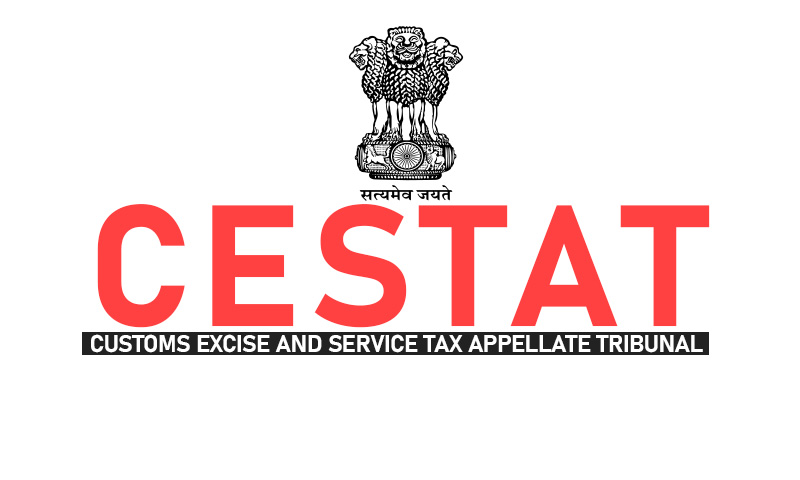The Mumbai Bench of the Customs, Excise, and Service Tax Appellate Tribunal (CESTAT) has held that the services rendered by Indian commission agents to foreign principals will qualify as "export of service.The bench of Justice Dilip Gupta (President), P.A. Augustian (Judicial Member), and C.J. Mathew (Technical Member) has observed that export of services would take place under rule 3(1)(iii)...

